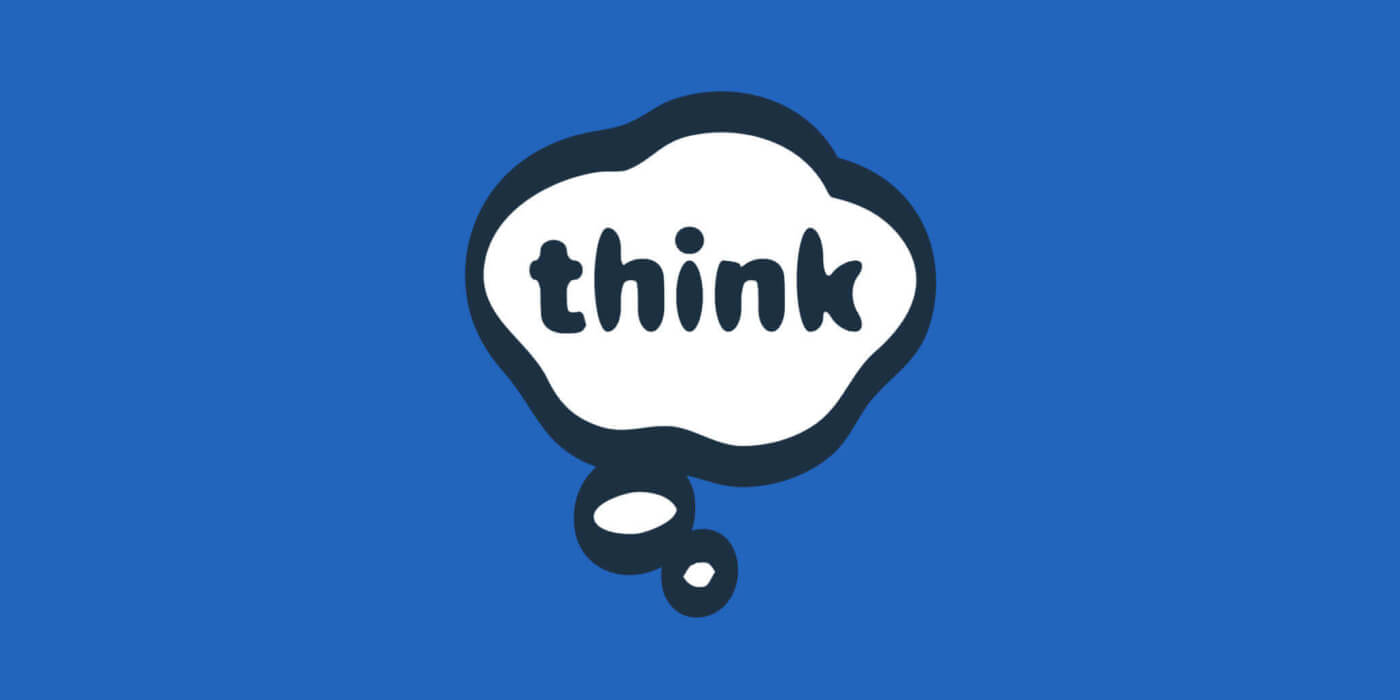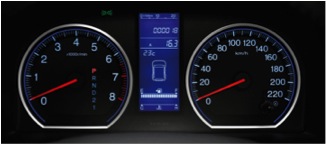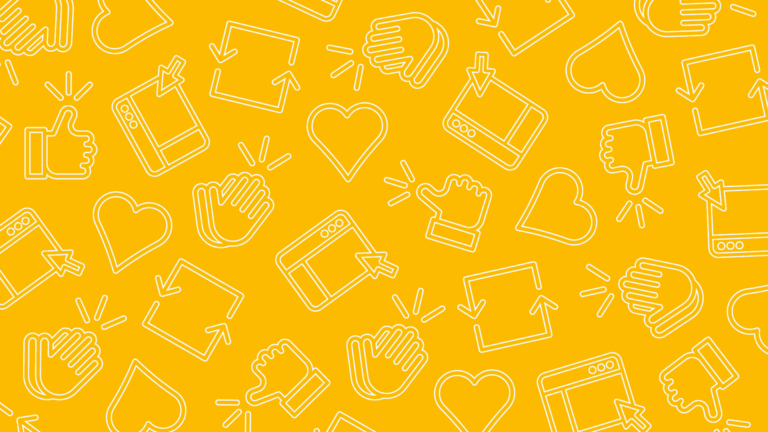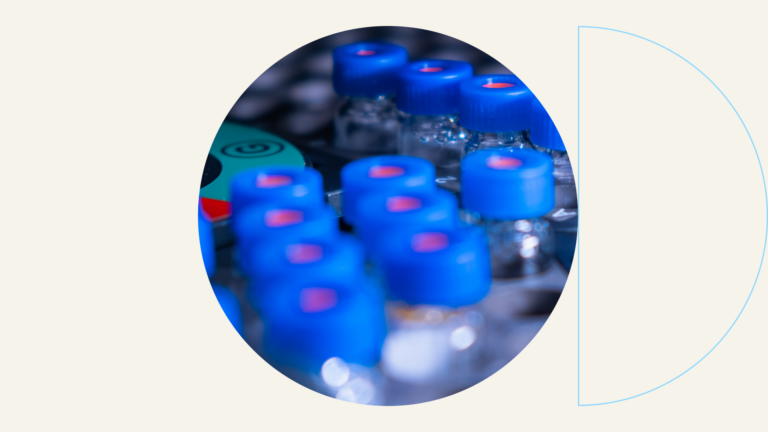Information = Action!

Recently I watched a highly recommended video of Eric Topol discussing the future of smartphones in health care and wireless medicine. The potential inherent in the technology he discusses is enormous…but it got me thinking a little more deeply about how this type of technology might affect human behaviors – and more specifically, how this type of information might affect them.
One of the issues with leading healthy lives is that people know that there are things that are “Good for You” and “Bad for You”, but they have traditionally had no way of conceptualizing and internalizing just what that really means. In most cases, that kind of knowledge only comes with experience – sometimes when it’s already too late to change things. There’s a lot of wiggle room when defining “healthy” (plus, it varies significantly per individual), which is why we need more information to be consistent. More on that in a bit…
First, a disclaimer: I’m the type of person who likes more information. Give me HUDs and readouts, maps, charts, and figures! I want as much information as possible, about everything around me, and then I’ll sort through and reprocess it. For instance, my parents’ car has a cool little display that provides all sorts of information about the car; which doors are open, if the tire pressure is low, the temperature outside, which direction you’re driving, etc. It also has a gauge to show you both your overall and real-time fuel efficiency:

As we learn to drive, we each develop a working mental model of how we think a car operates. I suppose I believed mine was pretty good but in fact I never really thought much about it. Once I started driving a car with a meter that told me exactly how much gas I was using, I found myself making conscious adjustments: accelerating a little softer, or laying off the gas to coast to a stop instead of slamming the brakes. These behaviors weren’t completely new to me, but that little meter helped reinforce them and made me more consistent.
Now let’s take that concept and apply it to our own health:
- What if your Smartphone helped you track your blood sugar levels, so that when you had an enormous slice of cherry chocolate cake you could see quite clearly the effect it had on you? How long would it take before the food selections you made and portion sizes would start to change?
- What about applying that same principle to cholesterol levels?
- How could continuous blood pressure monitoring help you consciously make decisions to control your stress levels?
- If you had access to a sleep diary like the one Eric Topol discusses, and you found out that the nights you had a late dinner or fell asleep with the TV on resulted in an hour or two less REM sleep, would you act on that information to feel more rested and alert?
For years we’ve obeyed the gauges in our vehicles, but we didn’t have gauges on our bodies and so it was easier to make decisions that deep down, we knew probably weren’t the best for our health. It’s going to be a lot harder to turn a blind eye to destructive health decisions with this kind of technology becoming available to the masses – and if that’s what it takes to turn more people onto the benefits of preventative health behavior, then I say bring it on!



